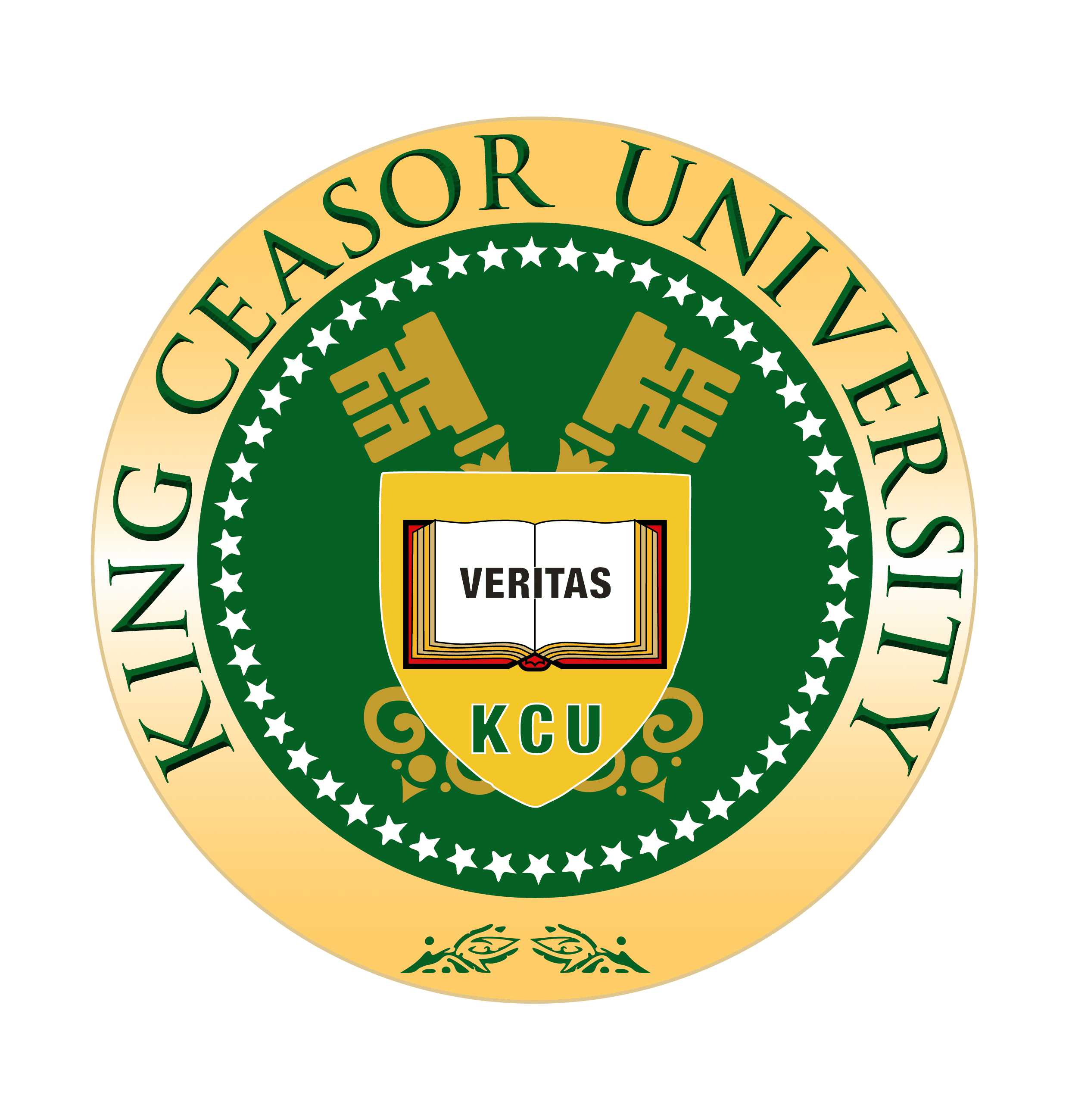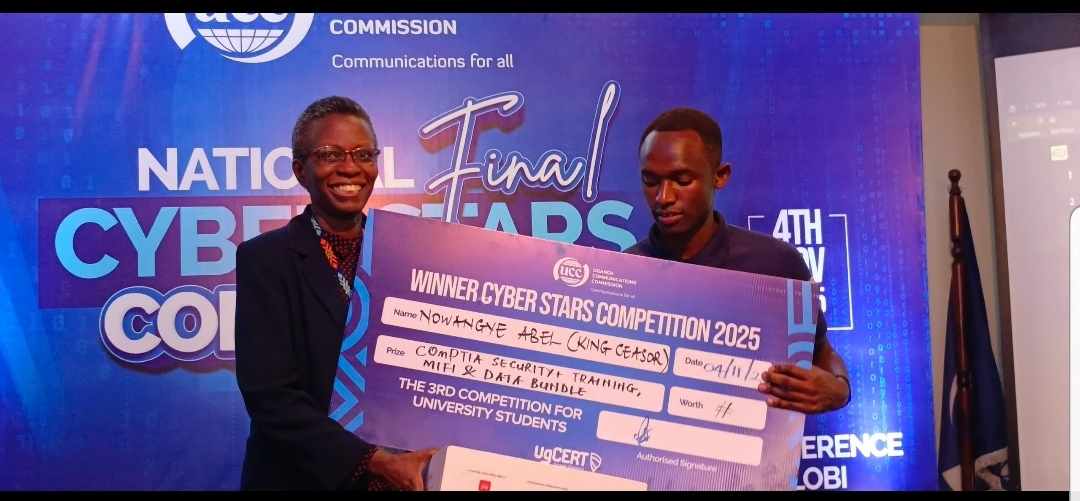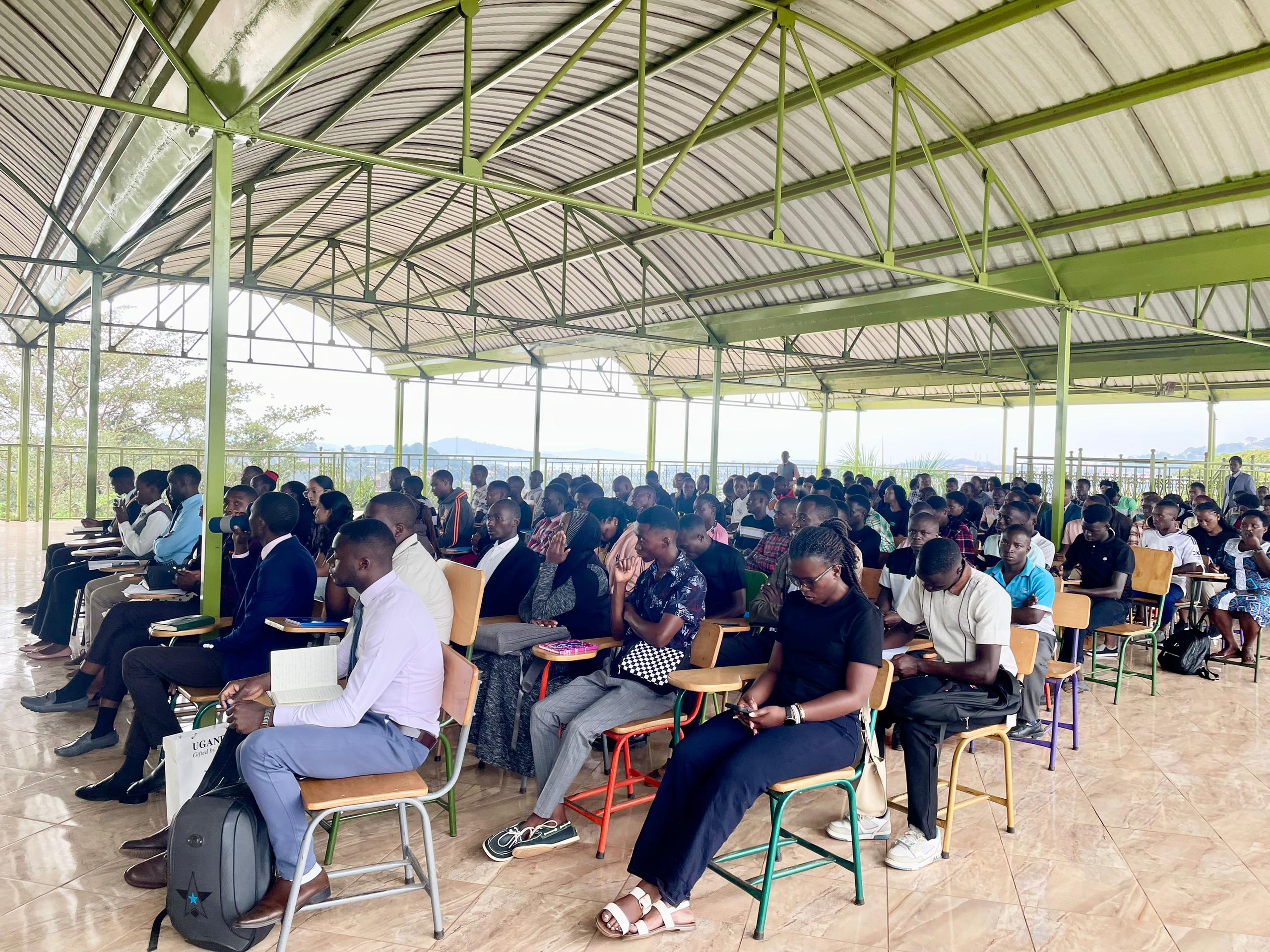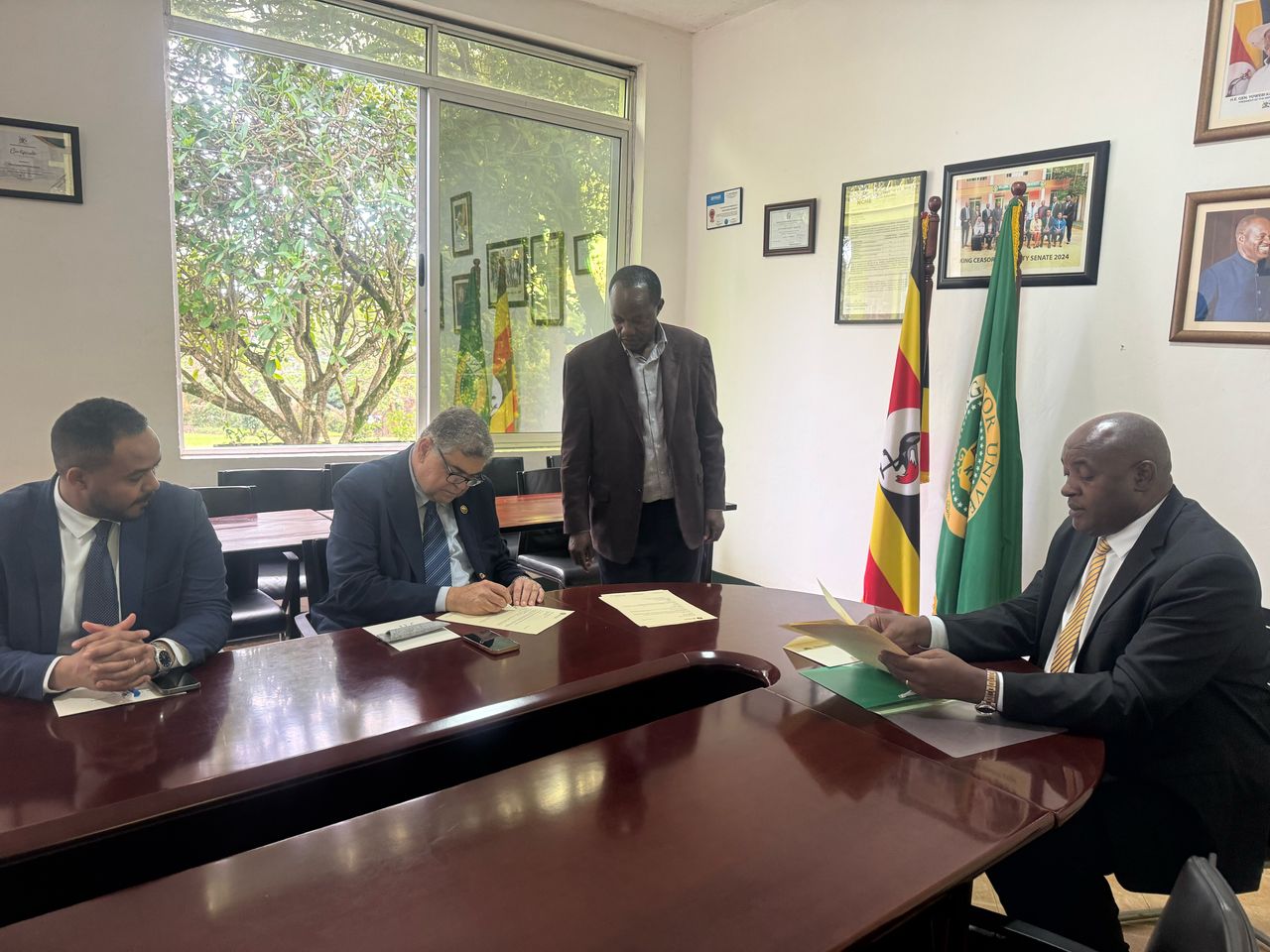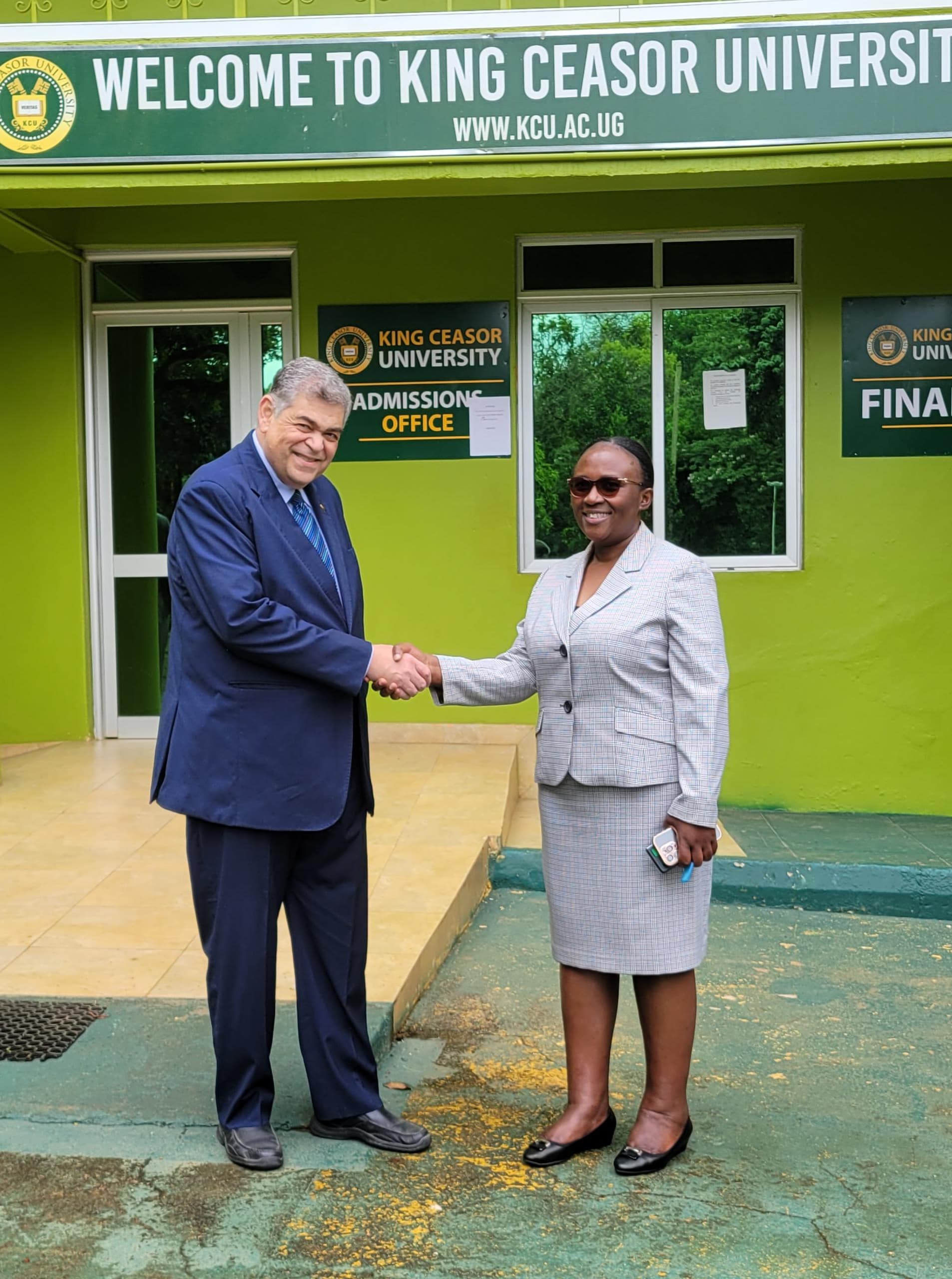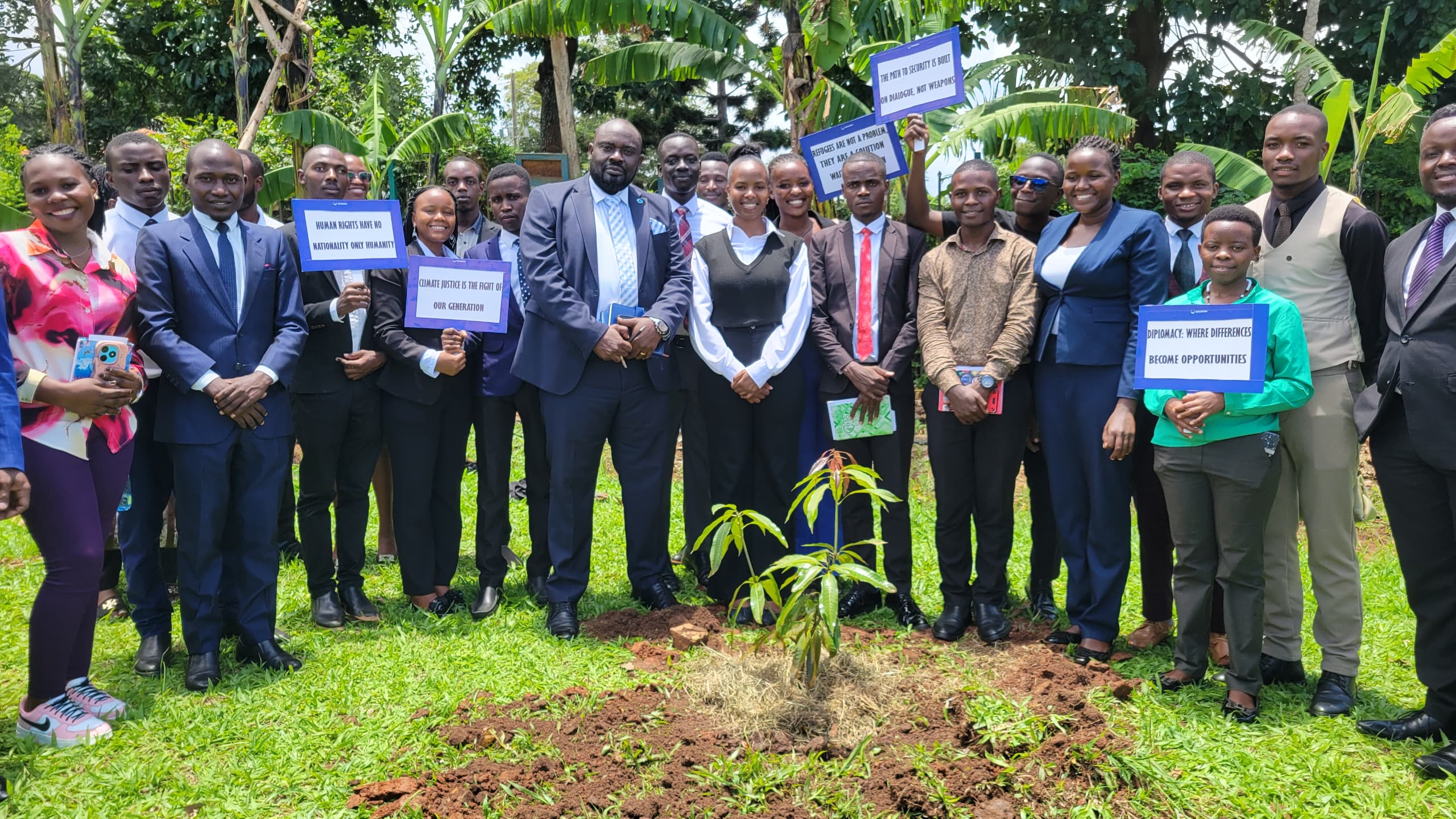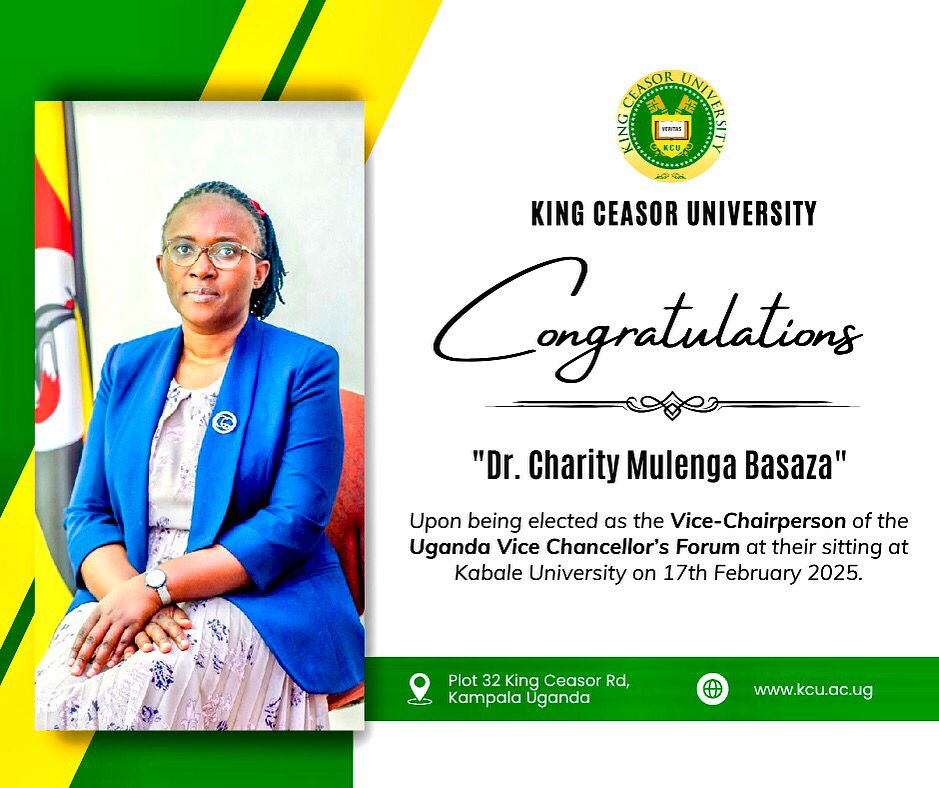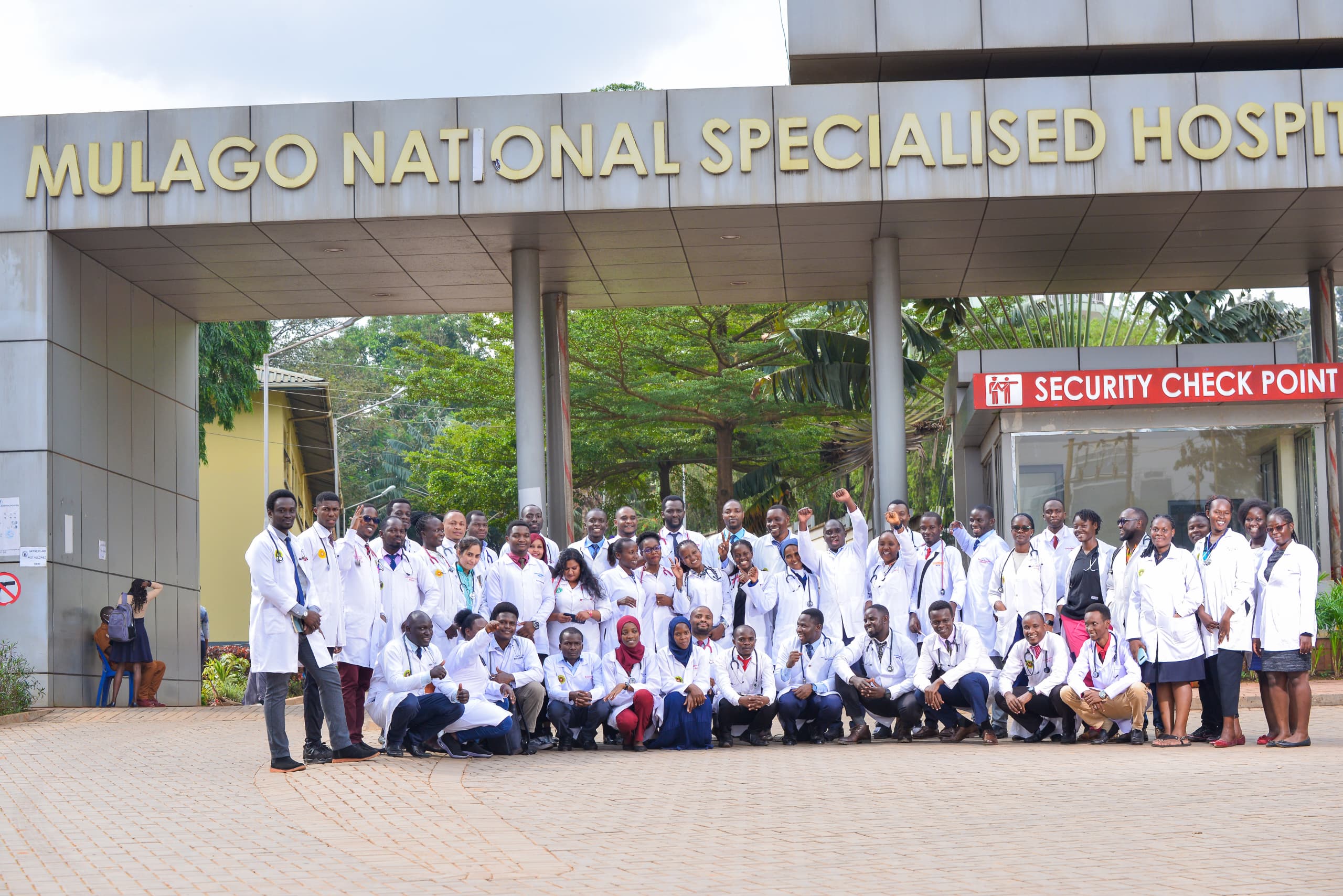King Ceasor University is pleased to congratulate its students on their outstanding performance in the Cyber Stars 3rd Edition Competition. Their hard work, dedication, and excellence have made us all …
King Ceasor University has signed a Memorandum of Understanding with the Uganda Nurses and Midwives Union (UNMU) to strengthen collaboration in training and capacity building for our students. The MoU …
Freshers’ Orientation day August 2025 Intake King Ceasor University warmly welcomed its newest members as a fully chartered university for the August 2025 intake during an engaging Freshers Orientation Day …
We are Fully Chartered Ready to Ignite The Fure We extend our heartfelt congratulations to the entire King Ceasor University community on this remarkable achievement. Apply Now We are your …
Prof. Ashraf Hatem is a distinguished Professor of Pulmonary Medicine at Kasr Al Aini Faculty of Medicine, Cairo University. His extensive career includes serving as the Director General of Cairo …
KCU was honored to host Professor Ashraf Mahmoud Ibrahim Hatem, Counselor of the American University in Cairo and a renowned expert in pulmonary medicine and higher education. His visit was …
The university community extends its heartfelt congratulations to our esteemed Vice-Chancellor, Dr. Charity Basaza Mulenga, on her appointment as Board Chairperson. This prestigious recognition is a testament to her outstanding …
King Ceasor University School of Law, in partnership with Inside Diplomacy, successfully launched the Inside Diplomacy—King Ceasor University Chapter. This initiative will enhance students’ diplomatic knowledge and skills, provide networking …
King Ceasor University community congratulates Dr. Charity B. Mulenga, our Vice Chancellor on her election as the Vice-Chairperson of the Uganda Vice Chancellor’s Forum. This achievement recognizes her exceptional leadership …
Congratulations to the 2019 August intake on completing your MBChB course! This is a remarkable achievement and a reflection of your hard work, dedication, and resilience. As you move forward …
